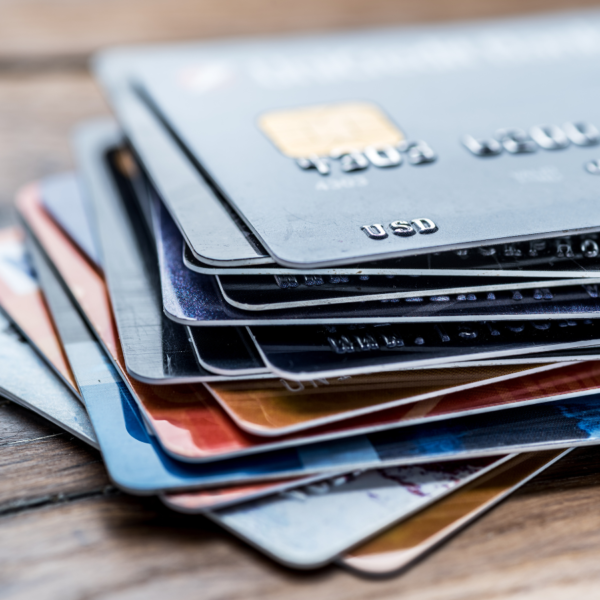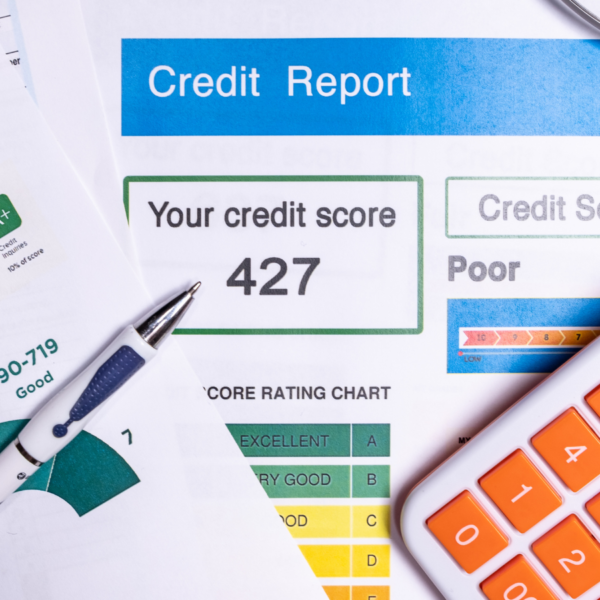Dealing with significant credit card debt can be overwhelming, and individuals often find themselves at a crossroads, wondering whether filing for bankruptcy is a viable solution. In this blog post, we’ll explore the factors to consider when faced with credit card debt and help you make an informed decision about whether filing for bankruptcy is the right path for your financial situation.
Section 1: Assessing the Severity of Credit Card Debt
Evaluate Debt Amount:
Begin by assessing the total amount of credit card debt you owe. Consider whether it has reached a level where monthly payments are unmanageable, and the debt is significantly impacting your financial stability.
Examine Interest Rates:
Take note of the interest rates on your credit cards. High-interest rates can lead to a cycle of accumulating debt, making it challenging to make meaningful progress on repayment.
Section 2: Exploring Alternative Debt Relief Options
Debt Management Plans (DMPs):
Consider enrolling in a Debt Management Plan through a credit counseling agency. DMPs involve negotiating with creditors for lower interest rates and a structured repayment plan.
Debt Settlement:
Explore the possibility of negotiating with creditors for a reduced settlement amount. While this may impact your credit score, it can provide a more manageable resolution than bankruptcy.
Section 3: Weighing the Pros and Cons of Bankruptcy
Advantages of Bankruptcy:
Immediate Relief: Bankruptcy can provide immediate relief from creditor harassment and collection efforts.
Fresh Start: It offers a fresh financial start, wiping out eligible unsecured debts.
Disadvantages of Bankruptcy:
Impact on Credit Score: Bankruptcy has a severe and long-lasting impact on your credit score.
Asset Liquidation: Depending on the type of bankruptcy, you may need to liquidate certain assets to repay creditors.
Future Financial Opportunities: Bankruptcy can limit future financial opportunities, such as obtaining credit, securing favorable interest rates, or even affecting employability.
Section 4: Consulting with Financial Professionals
Credit Counseling:
Schedule a session with a credit counselor to discuss your financial situation. They can provide guidance on available options and help you understand the potential impact of bankruptcy.
Legal Advice:
Consult with a bankruptcy attorney to discuss the specifics of your situation. An attorney can guide you through the bankruptcy process, explaining the implications and helping you determine if it’s the best course of action.
Section 5: Making an Informed Decision
Consider Your Financial Goals:
Reflect on your long-term financial goals and how bankruptcy aligns with them. Assess whether alternative solutions may be more conducive to achieving your objectives.
Evaluate Emotional Toll:
Consider the emotional toll of bankruptcy, including potential stigma and personal feelings. Weigh these factors alongside the financial implications.
Conclusion:
Deciding whether to file for bankruptcy when faced with credit card debt is a complex and personal decision. It requires careful consideration of your financial situation, goals, and the potential consequences of bankruptcy. Before making any decisions, consult with financial professionals, explore alternative debt relief options, and ensure you have a comprehensive understanding of the long-term impact on your financial well-being. Remember, seeking guidance is a valuable step toward making informed choices for your financial future.






Recent Comments